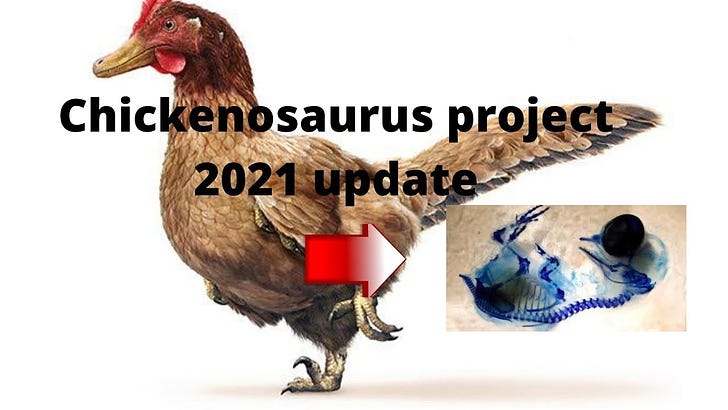Original Blog Blurb from 2012
This semester Chad Rohrbacher and I are training the NCATSU biology department’s grad students how to write, using an automated online tutor called Criterion. It’s a BEACON-funded project, designed partially to help minority students get into more and better PhD programs.
My other colleague on this project, Mac Frank, made a point of explaining to those students that the way they talk is not “bad English.” It’s a dialect of English, a linguistic subspecies, in exactly the same way the Appalachian I grew up speaking is a dialect of English. They both have grammatical rules like any other language, and the speakers of either dialect use those rules consistently and well in their everyday speech – no specialized training needed, beyond hearing the language spoken as an infant. Just the same, the people who run PhD programs expect their students to be fluent writers in a more standardized professional English. Learning a new language as an adult requires much more conscious effort.
That grammatical training is where the online tutor comes in. It points out and classifies grammatical mistakes in Standard English. For instance, “That’s a run-on sentence” or “that subject and verb do not agree with one another” -- much more useful than Word’s anonymous green-line grammar checker. At the same time, it relies on the student to fix their writing by trial and error. An evolutionary teaching method if ever there was one, but frustrating to implement on a person-to-person level. Very few people have the patience for it, which goes a long way towards explaining the popularity of lecture as a teaching method in the sciences. It’s less effective on average, but it’s also much less frustrating on average, for both the teacher and for the sizable minority of people who can learn by listening and repeating.
Computers, on the other hand, have infinite patience, allowing the students to learn more thoroughly, and the science professor to grade grammatically correct papers and focus on the content knowledge that they are more interested in. That’s the theory, anyway. We’ll see how it works next semester.
In the meantime, let’s finish up our conversation with Nancy Fulda, talking about (what else) writing.
Referenced in This Episode:
Nancy Fulda's webpage, where you too can buy her books, read her blog, or join her Fuldarian e-mail list
Codex Writers’ Group, for aspiring SF authors, minority or otherwise
Betsy Huang's As Am spec fic interviews
Tu Publishing
Kenneth Branagh’s Shakespeare movies (careful; addictive!)
Zefirelli’s Hamlet (another Shakespeare gateway drug, cut from the show, but one that worked for me personally)
Updates from 2022
Another day, perhaps. As I’ve been encouraging my students to consider all week, nothing is ever really “finished,” permanently, just put aside for various reasons.











Share this post